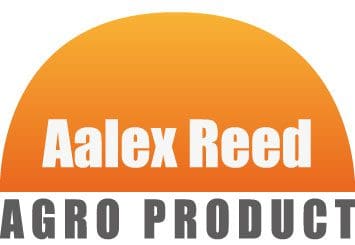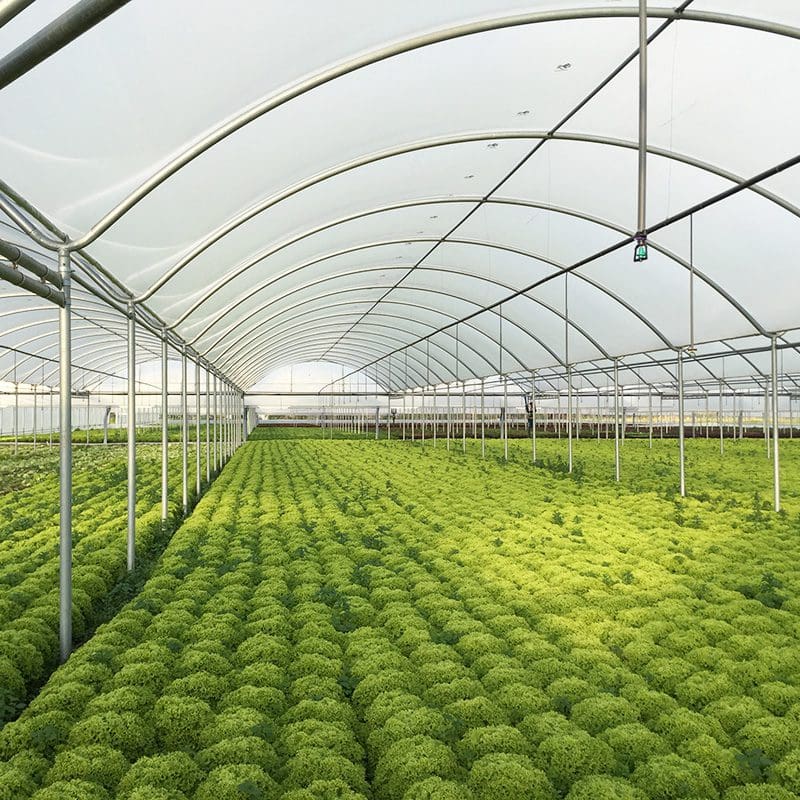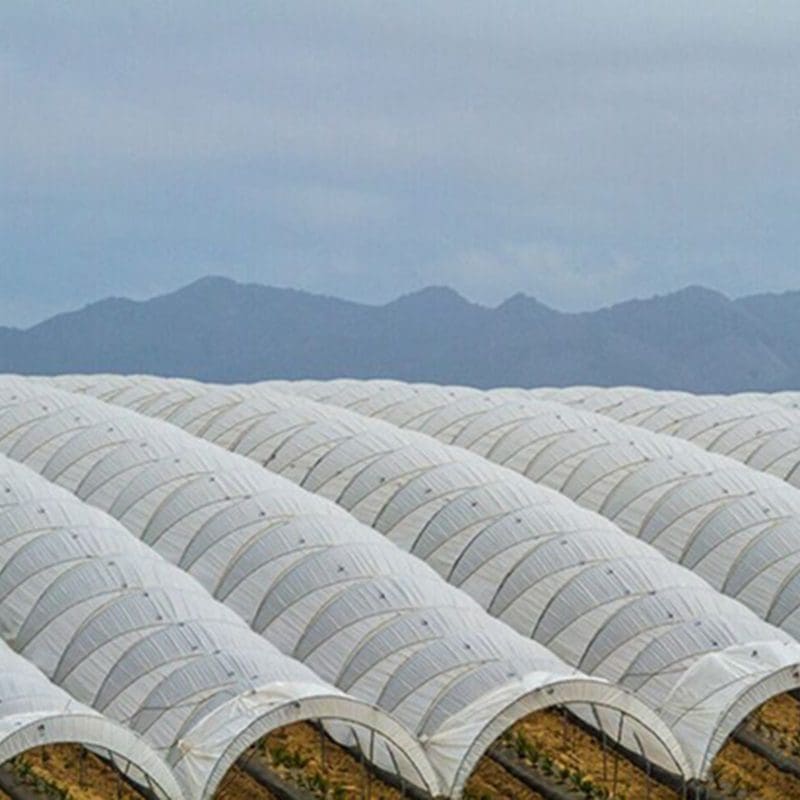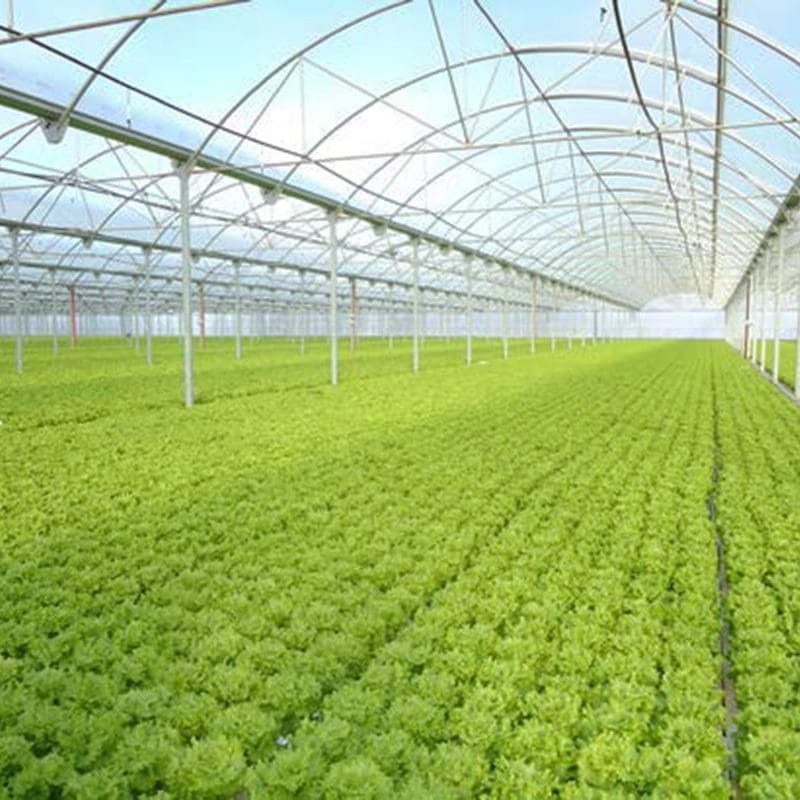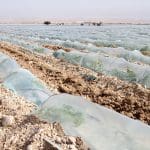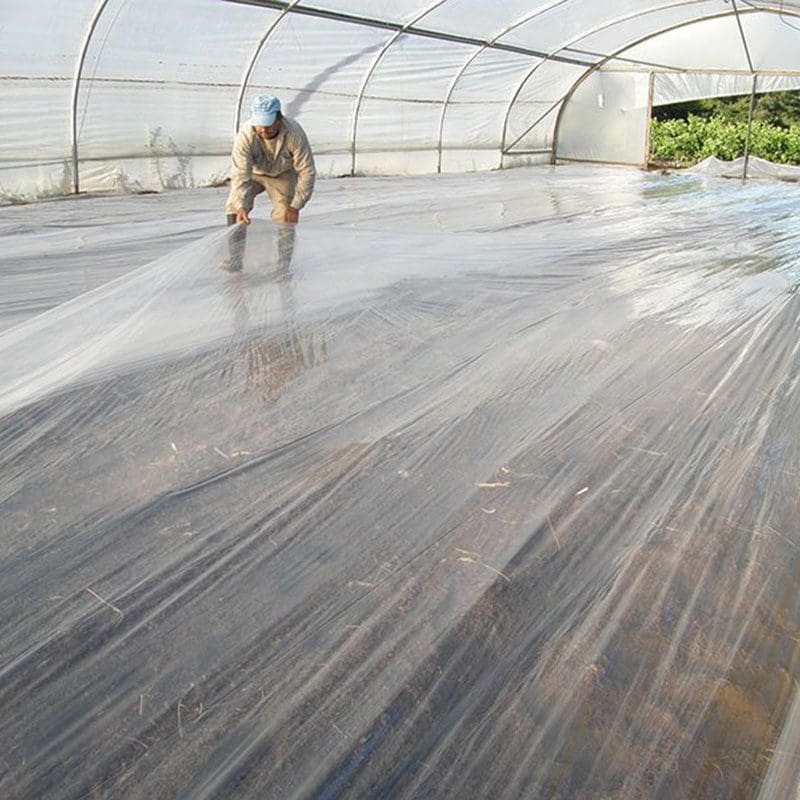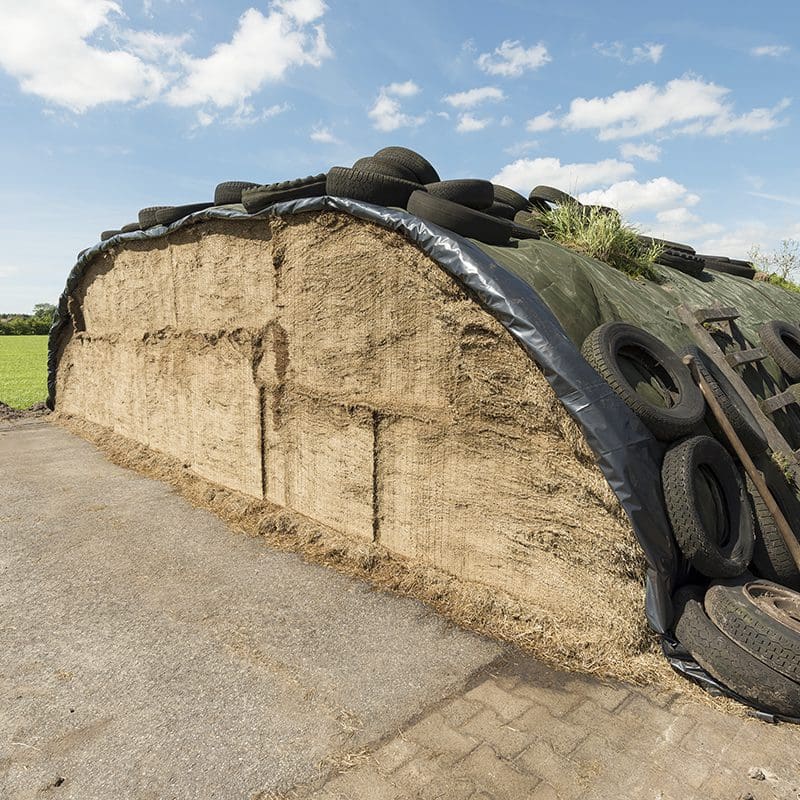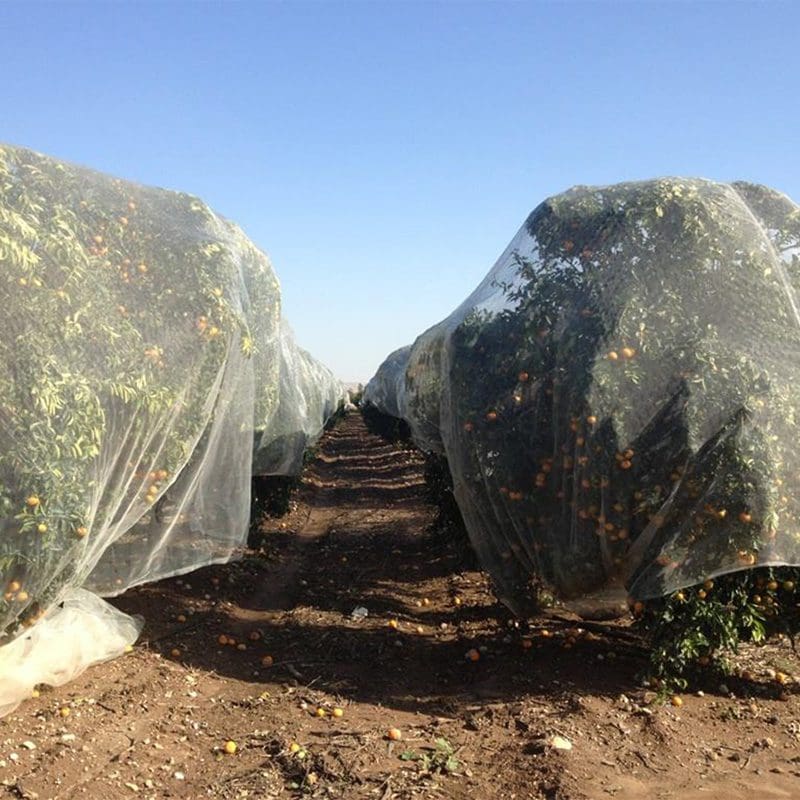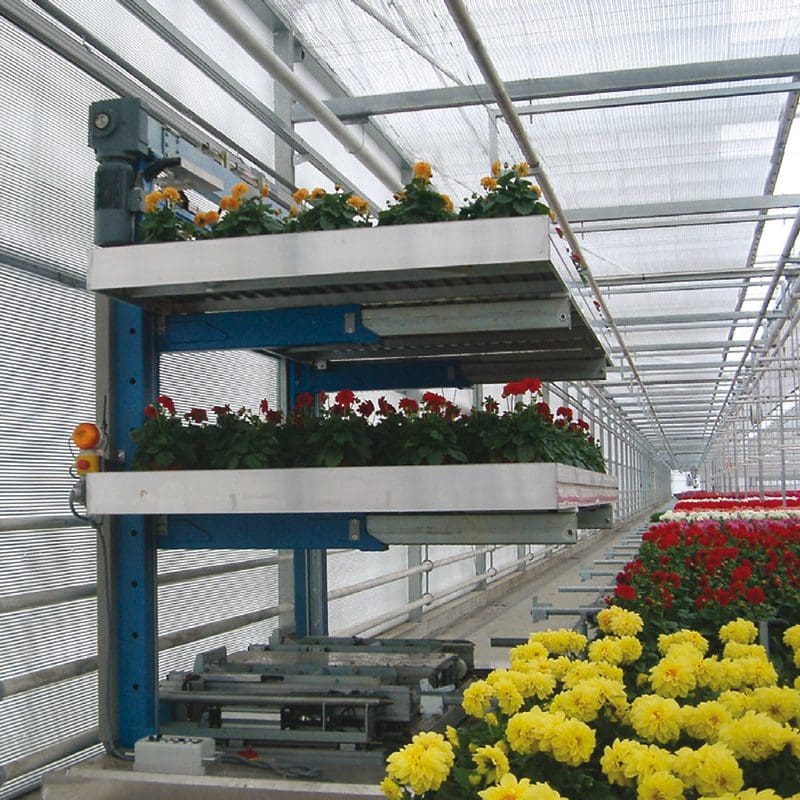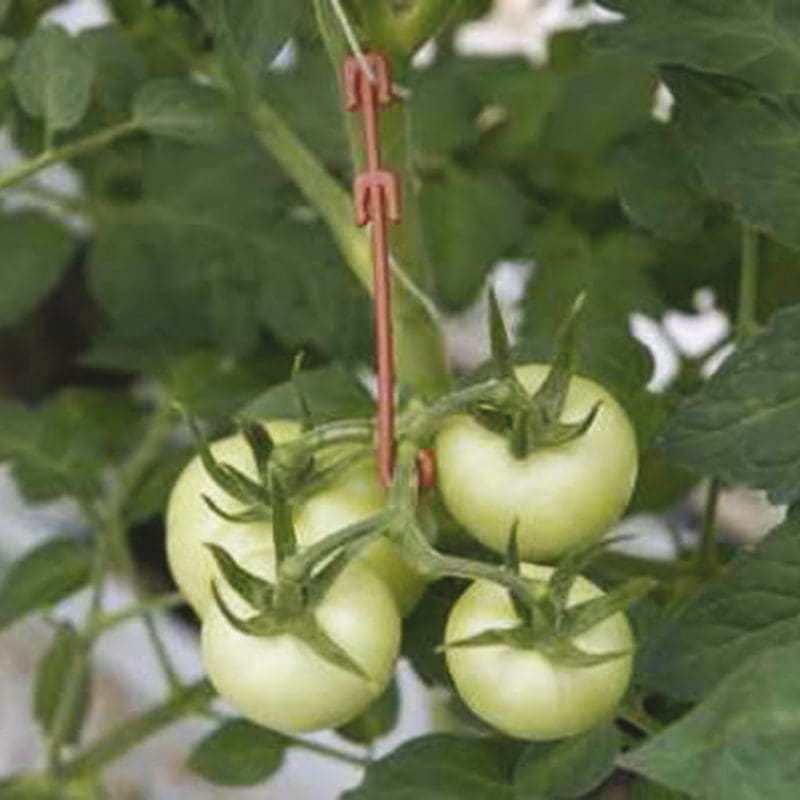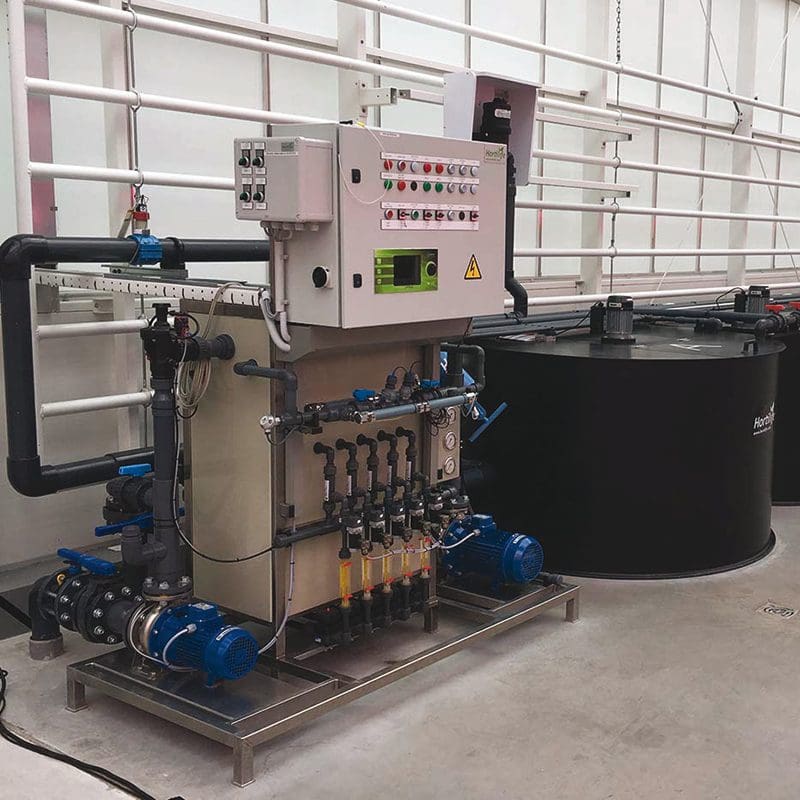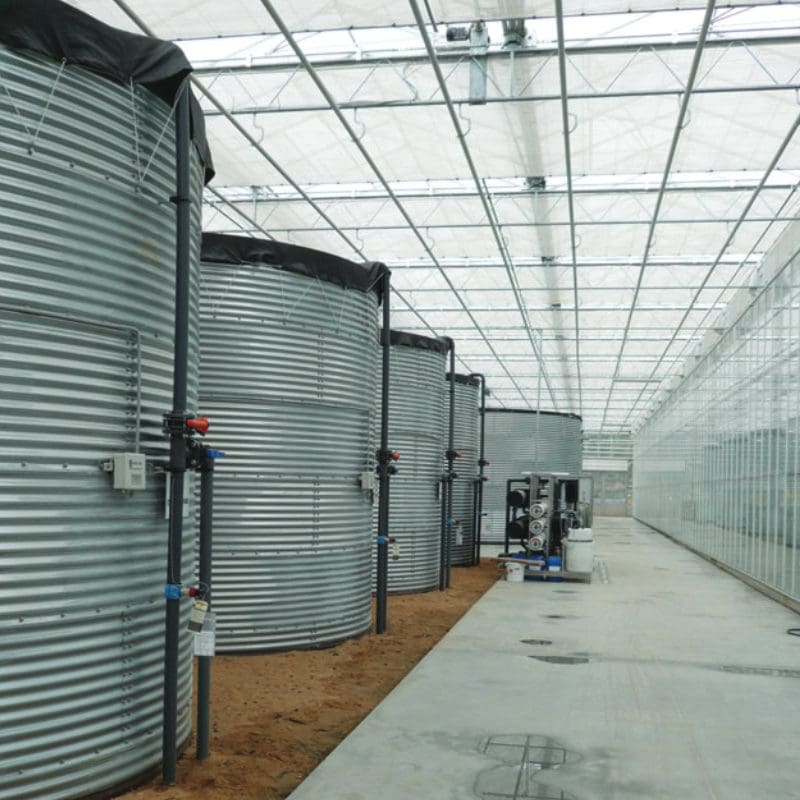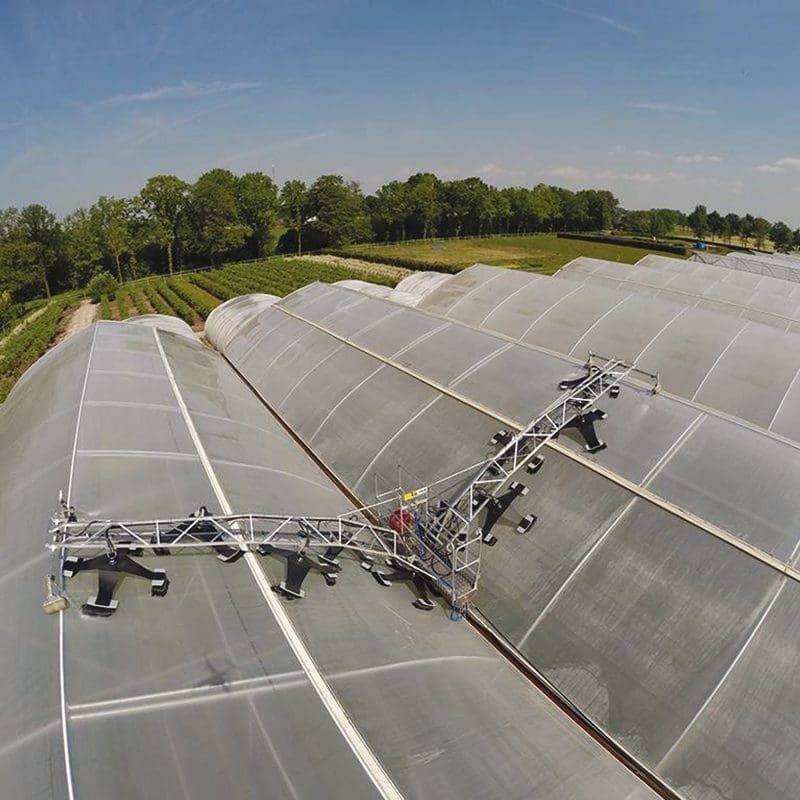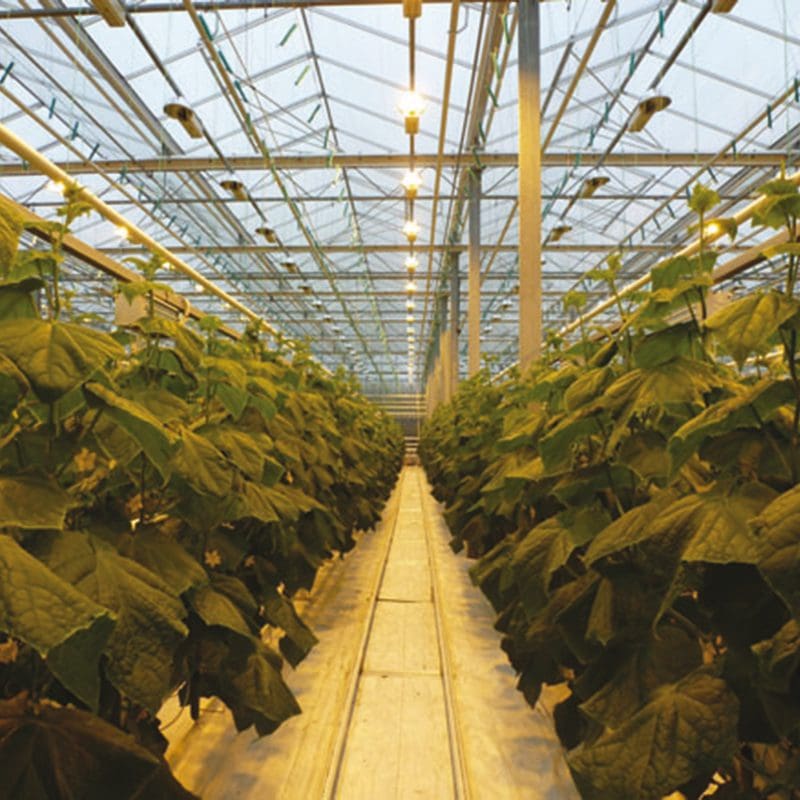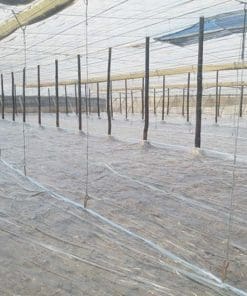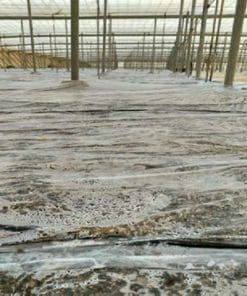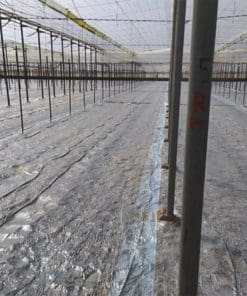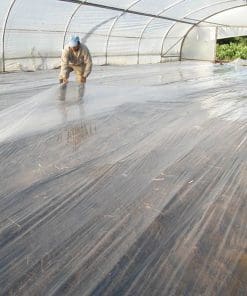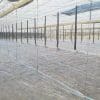E1323 Stabilized film for solarization – Transparent fumigation film
The plastic sheets allow the sun’s radiant energy to be trapped in the soil and heating the soil. Solarization during the hot summer months can increase soil temperature to levels that kill many diseases and weed seed. Soil solarization also improves soil structure and increases the availability of nitrogen (N) and other essential plant nutrients.


Solarization is a simple, safe, and effective method that has been used with field, vegetable, and flower crops. It can be combined with organic soil amendments or reduced rates of pesticide application for greater effectiveness.
TECHNICAL PRODUCT INFORMATION
Product: Stabilized film for solarization
Catalog Number: E1323
Thickness: 30-40 µ
UV Resistance: 6-8 months
| Property | Test Method | Units | Value |
| Tensile Strength at break [MD] | ASTM D-882 | MPa. | 20 |
| Tensile Strength at break [TD] | ASTM D-882 | MPa. | 18 |
| Elongation at break [MD] | ASTM D-882 | % | 300 |
| Elongation at break [TD] | ASTM D-882 | % | 500 |
| Falling Dart Impact | ASTM D-1709 | gr. | 150 |
| Total light transmission | EN 13206 | % | 91 |
| Thickness average | EN 13206 | % | ±5% on nominal |
| Thickness tolerance | EN 13206 | % | ±15% |
Soil Preparation:
Solarization is most effective when the plastic film is laid as close as possible to a smooth soil surface. Preparation of the soil begins by disking or rotor-tilling to break up clods and then smoothing the soil surface. Remove any objects or debris that will raise or puncture the plastic.
Irrigation:
The Soil must be irrigated in order to conduct heat to depth layers (wet soil conducts heat better than dry soil). The soil need to be irrigated again during solarization, if the soil is very light and sandy, or if the soil moisture is less than 50 percent of field capacity
| Durability (months) | 6 months |
|---|---|
| Solar fumigation | Yes |
| Chemical fumigation | Yes |
| Thermal additives | No |
| Drip-driven additives | No |
